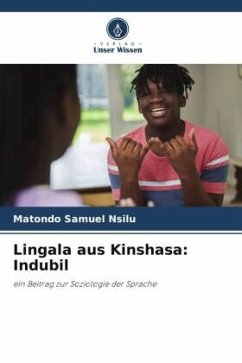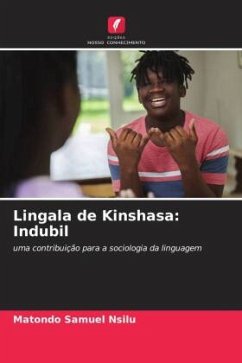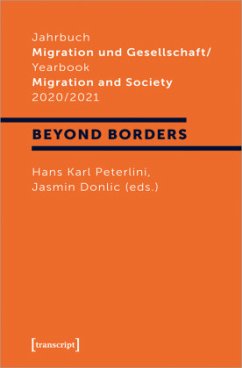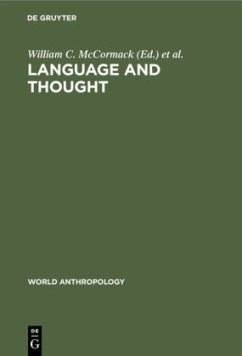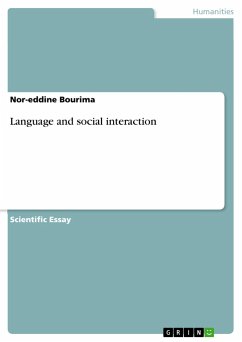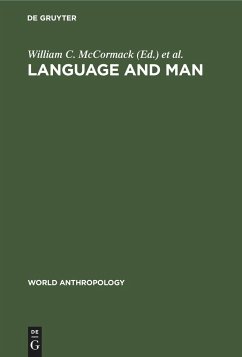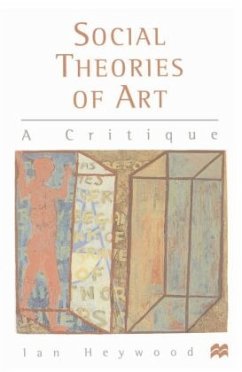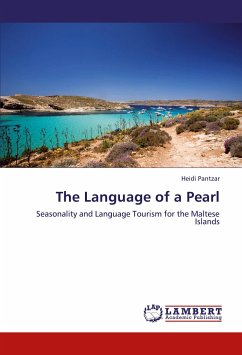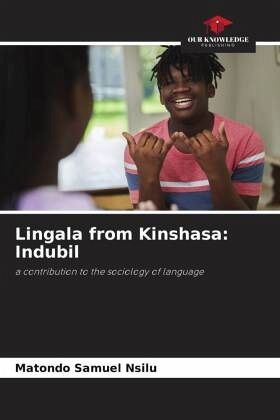
Lingala from Kinshasa: Indubil
a contribution to the sociology of language
Versandkostenfrei!
Versandfertig in 6-10 Tagen
40,99 €
inkl. MwSt.

PAYBACK Punkte
20 °P sammeln!
Throughout our study, we've argued that the Kinshasa language has its own distinctive vocabulary. We've tried to answer this question, and we'll summarize by saying that the arrival of people from Equateur, the migration of people from Province Orientale to Kinshasa, the mobility of military personnel and the adoption of Lingala as the "official" language of the army, the role of new instruments in the socialization of Kinois, and multicultural contacts in Kinshasa have largely favored the import and evolution of Lingala to the point where it is today.To this end, we believe that the sociology...
Throughout our study, we've argued that the Kinshasa language has its own distinctive vocabulary. We've tried to answer this question, and we'll summarize by saying that the arrival of people from Equateur, the migration of people from Province Orientale to Kinshasa, the mobility of military personnel and the adoption of Lingala as the "official" language of the army, the role of new instruments in the socialization of Kinois, and multicultural contacts in Kinshasa have largely favored the import and evolution of Lingala to the point where it is today.To this end, we believe that the sociology of language or migration will strive to classify and situate the vocabulary of Kinshasa Lingala in its context. It has also been argued that in its evolution, and because of all the influences it has undergone (notably by local languages), Lingala, after having put other languages to flight, has not resisted the dynamics of change to such an extent that the Lingala of yesterday is not so much the Lingala of today. Of course, this evolution is particularly noticeable in certain specific circles



